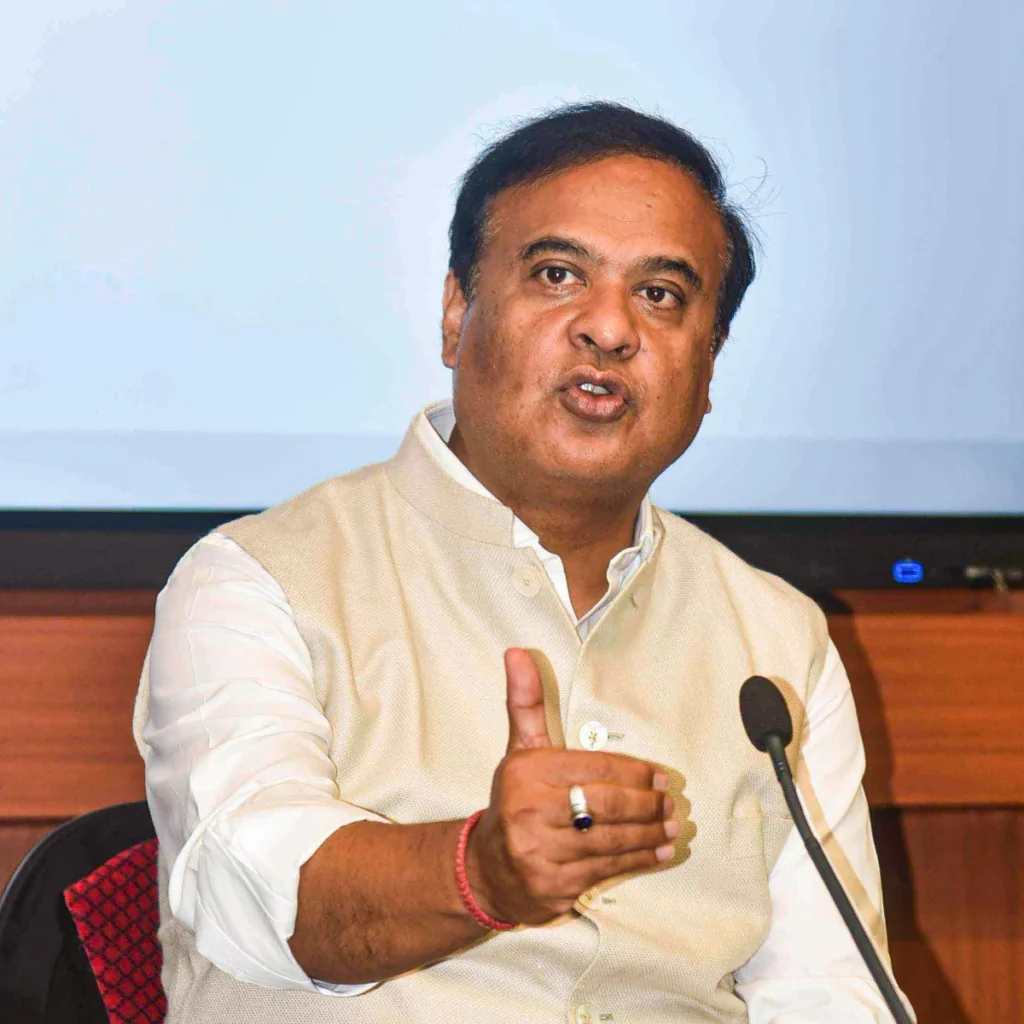Image source : NDTV
“PM Modi Raises Concerns Over Congress Reservation Plans: Religious Basis Sparks Debate”
Prime Minister Narendra Modi recently talked about his worries regarding the reservation policies suggested by the Congress party at a rally in Tonk, Rajasthan. He was concerned that the Congress might give reservation benefits based on religion, which could mean that rights meant for Dalits, backward classes, and tribals might be given to Muslims. This started a big argument, bringing up the sensitive topic of reservation and how it might affect different religious groups.
“Akbaruddin Owaisi: Muslims Matter in India, Smashing Stereotypes”
Image source : The print
At the same time, AIMIM leader Akbaruddin Owaisi spoke about how Muslims are an important part of India and not outsiders. He wanted to break stereotypes by saying that Muslims are just like everyone else in India. Owaisi also talked about family size among Muslims, asking people to think about whether it’s true that only Muslims have big families. He wanted to make people see Muslims as part of society and not think of them as different.
“Himanta Biswa Sarma says: Congress Favors Pakistan Over India”
Image source: The Economic Times
These statements from different political leaders show how complicated and diverse opinions can be on issues like reservation, religious identity, and election promises. While Modi worries about reservation based on religion, Owaisi tries to include Muslims and break stereotypes, and Sarma criticizes the Congress party’s promises, showing the rivalry between political parties. This reflects the complexity of Indian politics, where different ideas and interests clash. Issues like reservation and religious identity will likely continue to be important topics for discussion as Indian politics evolves.
What is a congress Manifesto?
At its core, the Congress manifesto is a declaration of the party’s commitment to serve the people of India. It encapsulates the collective aspirations and concerns of the citizens, reflecting a pledge to address their needs and improve their lives. Through this document, the Congress party seeks to garner support and trust from voters by presenting a clear agenda for governance and development.
Social justice and empowerment form a fundamental pillar of the Congress manifesto. The party articulates its commitment to upholding the rights and dignity of all citizens, particularly marginalized and vulnerable groups such as Dalits, tribals, minorities, women, and persons with disabilities. It may pledge to enact legislation and implement policies to ensure equal opportunities, protection from discrimination, and access to justice for all members of society.
Further more the Congress manifesto talks about important issues like national security, foreign policy, and making government better. It has plans to make our country stronger, improve our relationships with other countries, and make sure our interests are protected globally. Also, the manifesto suggests ways to make our government more transparent, accountable, and efficient. It talks about things like changing how elections work, fighting corruption, and giving more power to local governments.
In conclusion, the Congress manifesto is a crucial document that outlines what the party wants to do if they win elections. It shows their vision, policies, and promises for making India better. By sharing their plans through the manifesto, the Congress party hopes to connect with voters, gain their trust, and get their support for creating a prosperous, fair, and inclusive India.




8 Comments
Good job
I don’t trust these politicians and their work….. It’s never up to the words they say
People fighting for power but no brain
I don’t trust what they do either ways
Lusting for power makes people weak
Really well phrased about our sorry state of political situation in our country.
Congratulations my dear Nephew (Niknang) indeed, we are proud of you. Keep it up, be proud of your Parents and be a shiningstar upon them who take care of you always.
Pingback: Owaisi Fighting Back: Modi’s Misleading Remarks on Muslims